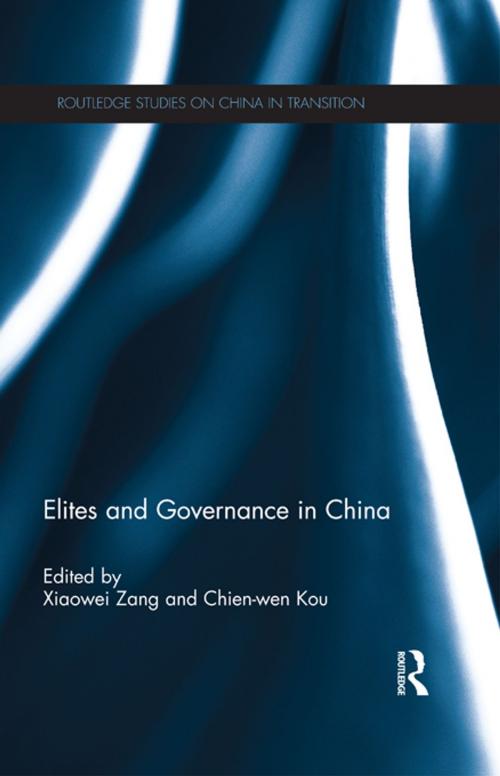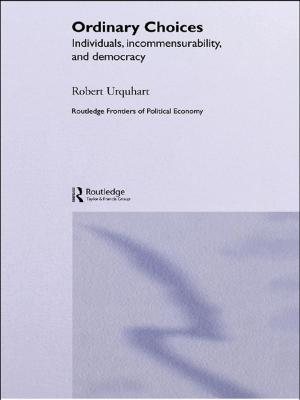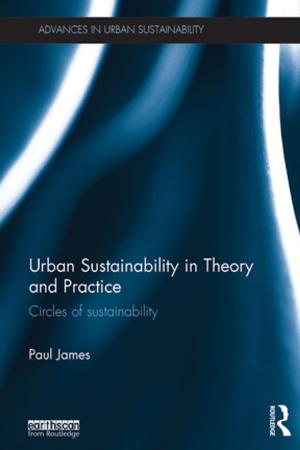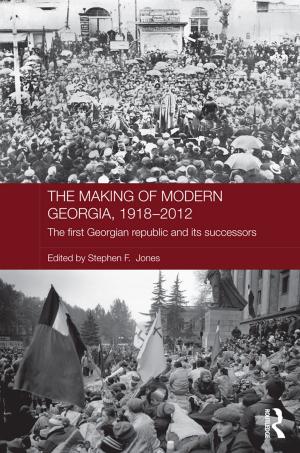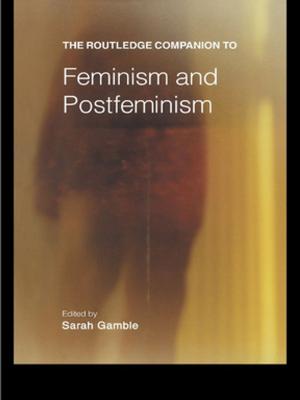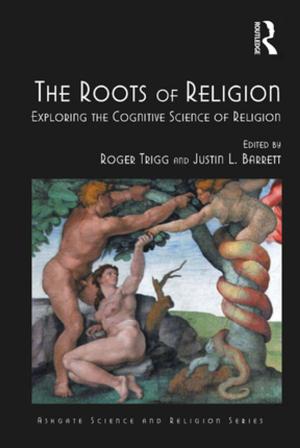Elites and Governance in China
Nonfiction, Social & Cultural Studies, Social Science, Cultural Studies, Ethnic Studies, Political Science, Government| Author: | ISBN: | 9781135081003 | |
| Publisher: | Taylor and Francis | Publication: | September 13, 2013 |
| Imprint: | Routledge | Language: | English |
| Author: | |
| ISBN: | 9781135081003 |
| Publisher: | Taylor and Francis |
| Publication: | September 13, 2013 |
| Imprint: | Routledge |
| Language: | English |
This book reveals the complex relationship between elite perceptions and behaviour, and governance, in China. It moves away from existing scholarship by focusing on functionaries, grass-roots elites, leading intellectuals, and opinion-makers in China and by looking beyond the top leadership, makes a significant contribution to our understanding of shared governance and broadened political participation in China.
The chapters in this collection explore the elites’ role as opinion-makers, technical experts, producers of knowledge, and executives or managers, and pose a number of questions, the answers to which are crucial to understanding future political and economic development in China. What are elite perceptions of governance, inequality and justice; what do the elites mean by good governance; what is the influence of non-Chinese Communist Party elites in policy-making and implementation in China; how have they exerted their influence in the PRC and influenced its direction of future development; and what have grass-roots elites contributed to governance in local communities?
Providing a keen insight into the role elites have played in governing China since 1978, this book is a pioneering effort to bring together elite studies and governance studies. As such, it will be highly relevant for policy-makers within international organizations, governments, and NGOs outside China as well as appealing to scholars and students interested in Chinese politics and governance.
This book reveals the complex relationship between elite perceptions and behaviour, and governance, in China. It moves away from existing scholarship by focusing on functionaries, grass-roots elites, leading intellectuals, and opinion-makers in China and by looking beyond the top leadership, makes a significant contribution to our understanding of shared governance and broadened political participation in China.
The chapters in this collection explore the elites’ role as opinion-makers, technical experts, producers of knowledge, and executives or managers, and pose a number of questions, the answers to which are crucial to understanding future political and economic development in China. What are elite perceptions of governance, inequality and justice; what do the elites mean by good governance; what is the influence of non-Chinese Communist Party elites in policy-making and implementation in China; how have they exerted their influence in the PRC and influenced its direction of future development; and what have grass-roots elites contributed to governance in local communities?
Providing a keen insight into the role elites have played in governing China since 1978, this book is a pioneering effort to bring together elite studies and governance studies. As such, it will be highly relevant for policy-makers within international organizations, governments, and NGOs outside China as well as appealing to scholars and students interested in Chinese politics and governance.
